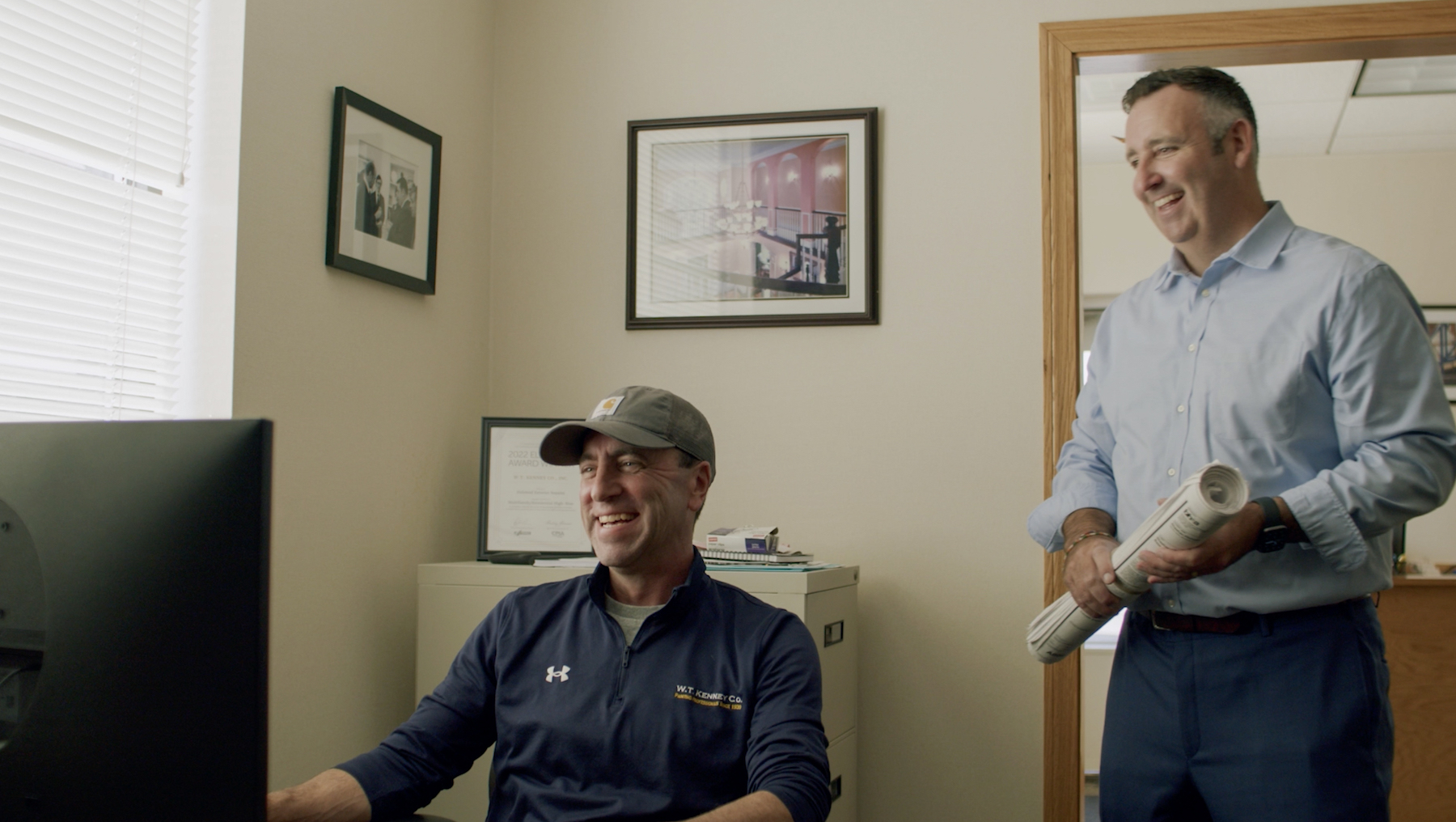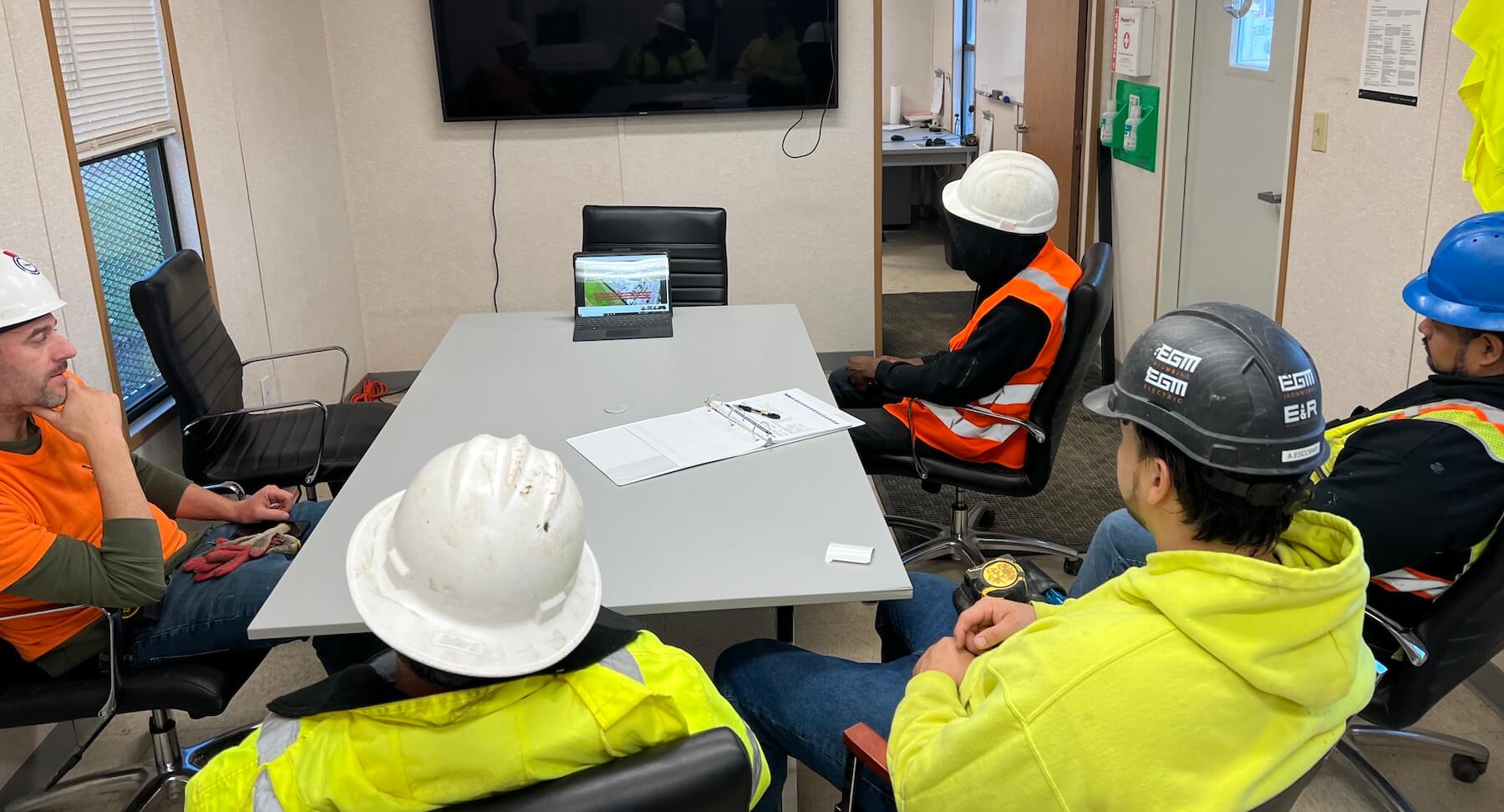How “outsider” thinking can give you an edge
Because Marc didn’t come from the construction industry, he had to listen closely to what contractors told him. Instead of assuming he already knew the answers, he built solutions based on real problems his customers shared.
This lesson applies directly to contractors. If you moved from the field into business ownership, you’re now an “outsider” in some ways. You are no longer one of the crew. That change can be uncomfortable, but it also gives you a new vantage point. You can see bottlenecks, inefficiencies, and financial risks in a way you might have overlooked before.
The trick is to lean into that perspective instead of clinging to your old identity.
For accountants, this same principle applies when shifting from being a compliance-only resource to a trusted advisor. Your outsider view of the construction company’s books can reveal opportunities for efficiency and growth that the owner may not see.
The importance of embracing new skills
Marc’s pivot from law to software required him to develop technical and business skills he didn’t yet have. It was uncomfortable, but he learned that if he wanted to be a CEO, he had to think differently and stretch himself.
For contractors, the pivot is similar. If you want to grow your company, you need to get comfortable with things like:
- Reading and understanding financial reports
- Using technology to manage projects and crews
- Learning how to sell and build relationships with general contractors or property managers
- Hiring people who may know more than you in areas you’re less strong
It’s not about abandoning your trade. It’s about building on it with a new toolkit.
What you can do today
If you feel stuck between being a great tradesperson and being the business leader your company needs, here are a few steps you can take:
- Write down your current role. Be honest about how much time you spend on the tools versus leading the business.
- List the gaps. Identify what skills you’re missing to be an effective owner (financial, hiring, technology, sales).
- Seek outside input. Talk to an accountant, a mentor, or another business owner. An outsider perspective will help you see what you can’t.
- Commit to one pivot. You don’t have to change everything at once. Start by learning one new business skill this quarter.
Final thought
Career pivots are never easy. They require humility, a willingness to learn, and sometimes a complete rethinking of your role. But as Marc’s story shows, stepping into something unfamiliar can open doors to opportunities you never imagined.
For contractors and construction accountants, the lesson is simple: don’t cling to your old role just because it feels safe. Embrace the discomfort of change, because that’s where growth happens.
 QuickBooks
PricingTraining & support
QuickBooks
PricingTraining & support



